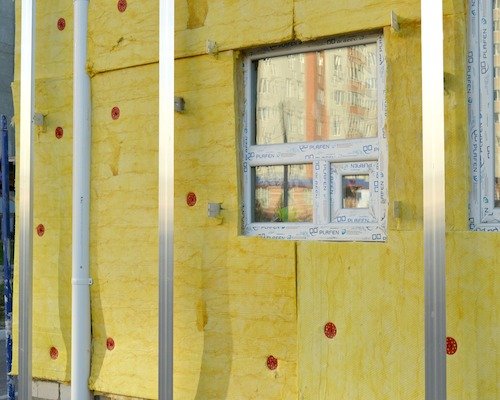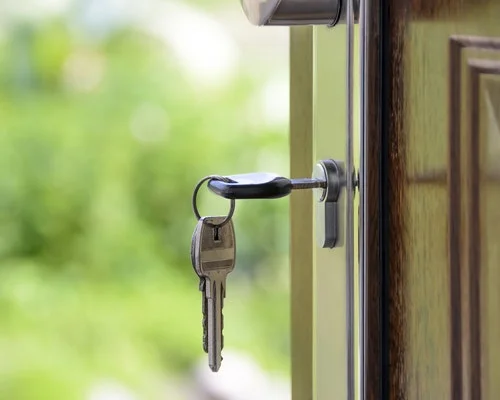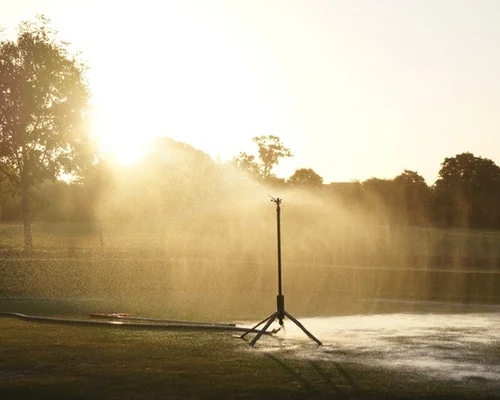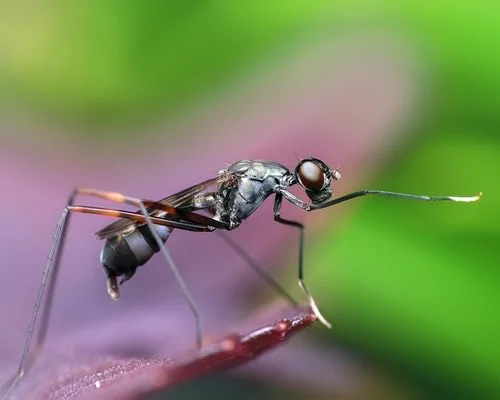When you think about home inspections, many things come to mind, like the foundation, HVAC system, or electrical systems.
Although these are key factors in your home, many people don’t consider the importance of the home’s crawl space as it’s a typical ¨out of sight, out of mind¨ situation.
While they’re usually small and seem petty, they can actually host a number of problems that can affect your home inside and out. We’re going to look at some common issues with crawl spaces that you can address before putting your home on the market.
According to the American Society of Home Inspectors (ASHI), the crawl space gives inspectors a truly thorough look at the home’s integrity and energy efficiency.
If there were low quality renovation attempts or defects that occur naturally over time, an inspection of your crawl space will reveal them.
Affected Air Quality
If the moisture content of the air is left unmonitored, it can make it easier for mold and rot to attack the insulation or wooden beams under your home.
Thanks to rainy weather or lack of vapor barriers, this mold and rot will flourish and eventually lead to the release of mycotoxins that can make their way into your home via floorboards.
A large percentage of your home’s air comes through the crawl space meaning if you have mold there it can compromise the air quality inside your home.
Fix It
Regular check-ins with your crawl space is the best step in prevention, including insulation checks if you already have it. Also, make sure that downspouts and gutters direct water away from your home’s foundation.
Beginning of Energy Efficiency
The common advice for saving on energy bills is to insulate your attic, but your home’s crawl space can also have a dramatic effect.
An uninsulated crawl space could be costing you big bucks by allowing significant heat to escape your home. Homeowners report saving 30-50% on energy bills after installing insulation. A well-insulated crawl space = a warmer home in the winter.
Fix It
Call a professional and get insulation installed.
Critter Infestation
Even if you think your crawl space is safe from rodents and other pests, the truth is the tiniest hole makes this area fair game for any critter.
Typical infestations include rats, squirrels, skunks, and snakes.
None of these are exactly the cuddly creatures you want to run into at home. Additionally, the little ¨gifts¨ they may leave behind can fester and affect air quality inside your home.
Certain furry friends, like squirrels, can cause more trouble by chewing through insulation, vapor barriers, or electrical wiring.
Fix It
Investigate and seal any entry points, then eliminate all food sources. Don’t store food in your crawl space and be sure to clear out any decomposing plants or animals. If you find that your infestation is serious, you should call a professional.
We Can Help!
Maintain the quality of your home by regularly checking your crawl space, or call us to take a look!
The more proactive you are with this aspect of your home, the less problems you’re likely to run into.





